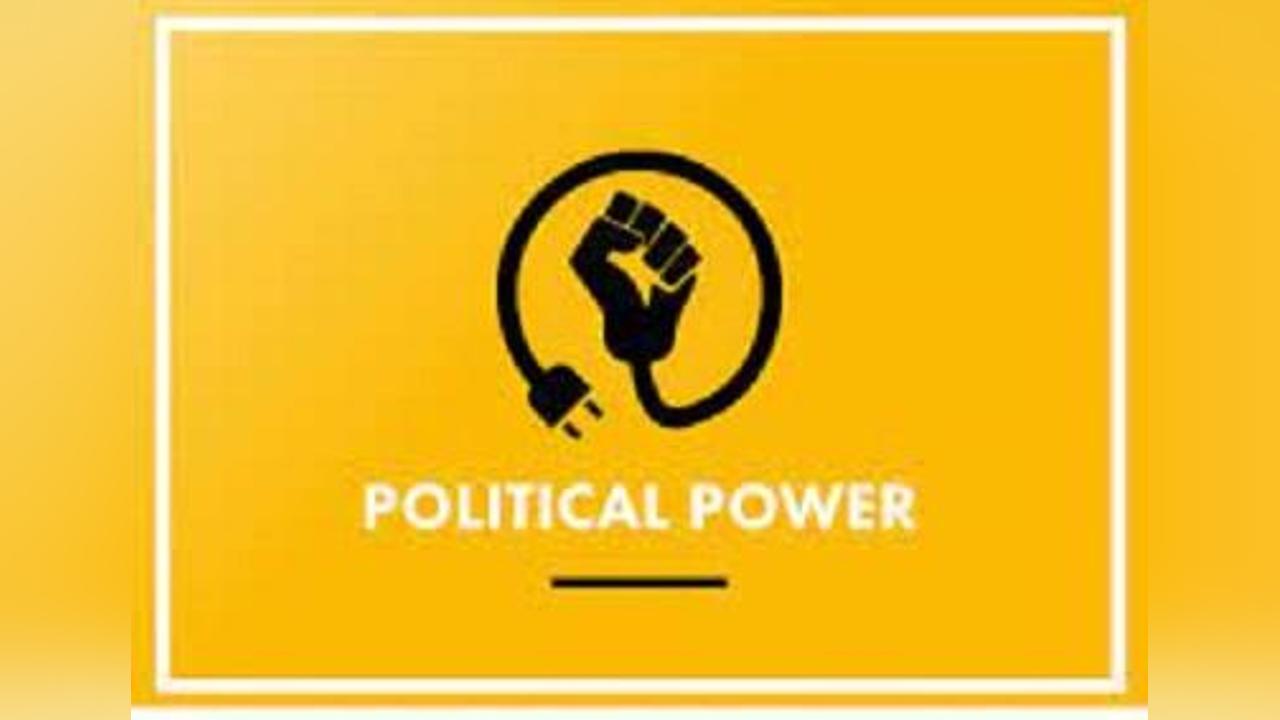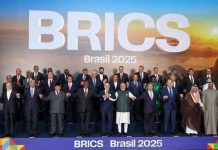Africa-Press – Mauritius. When institutions fail to live up to their mission either because political powers have scorched them or because their top brass do not possess the moral fibre needed to execute their functions in the larger national interest and in that of justice and fairness, it is the country that fails.
Having or not having such functioning institutions can make the difference between a country which stagnates or even goes backward and one where the rule of law prevails and progress happens.
Both citizens and potential investors should feel confident they’ll obtain redress whenever they have been wronged or persecuted by the powers that be.
An independent judiciary and a Director of Public Prosecutions with the right moral fibre have at no time in the history of this country since independence been more obviously important than since 2014 with the coming to power of the MSM-led government.
Thankfully both the judiciary generally and the ODPP have lived up to their mandate to uphold the rule of law and ensure that the Constitution prevails.
That is why Satyajit Boolell’s imminent departure and the uncertainty surrounding his succession, especially if it will come, as presently rumoured, from outside the ODPP, have been viewed with apprehension by most stakeholders since quite some time.
The provisions of our Constitution may not be perfect, but one could say that they have stood the test of time. The powers of all DPPs to prosecute or not, without being accountable to anybody for the decisions they make, have at times been questioned.
But the system has held together because citizens generally have implicit trust that the ODPP’s decisions are taken after mature deliberation without regard to considerations relating to personal affiliations or kinship or supposed proximity to political parties. The DPP’s job is to take up a prosecution if it stands a good chance of being vindicated in law. For this, he owes nobody an explanation.
The former DPP however chose to relinquish his absolute right not to be made accountable for his decisions by going public in a spirit of ‘public disclosure and transparency’ to explain the reasons behind certain of his decisions, especially the high-profile ones.
It will be recalled that after the elections of December 2014, the police investigated several cases involving former Prime Minister Navin Ramgoolam, who was serially arrested on various charges and the results of their investigations were lodged with the DPP for eventual prosecution.
However, when the cases were presented in court over the ensuing several months, the majority of them were either dismissed or dropped in view of the DPP’s decision not to proceed with them.
It may also be said that, right from the beginning, even before the DPP’s office asked the court for leave to appeal to the Privy Council against its decision in the MedPoint case, overturning that of the Intermediate Court, the government was uneasy with the DPP.
For More News And Analysis About Mauritius Follow Africa-Press







